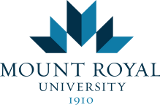Is history more than just getting the facts right?
By Eric W. Sager, History Department, University of Victoria (Reprinted from Times Colonist, March 15, 2013)
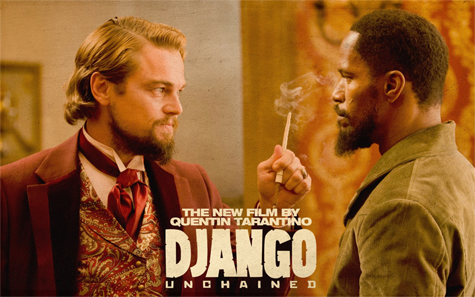
This year, history made it to the Oscars as never before. Four of the nominees for best picture were about historical events: Argo, Lincoln, Zero Dark Thirty and Django Unchained. All four unleashed debates over the films’ accuracy and the role of movies in shaping our knowledge of the past.
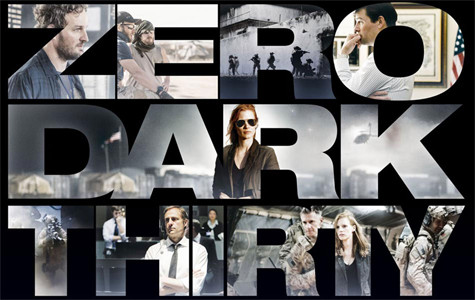
Does it matter if Argo turns the rescue of Americans into a CIA rather than a Canadian operation? Yes, it does. But as a historian, I see another problem. The debates over these films emphasize factual accuracy and completeness. In doing so, they reinforce common misunderstandings about what history is and what it is for.
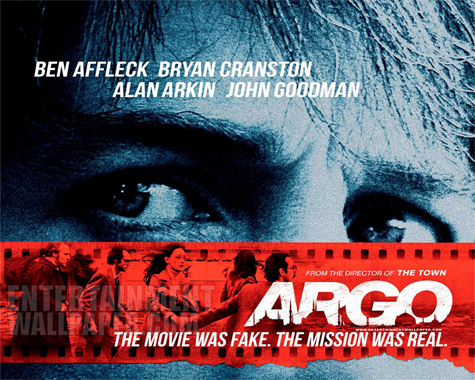
A common view is that historians are mere fact-grubbers. Occasionally, they enter the real world to correct errors made by people doing important things, whether in politics, war, business or movie-making. The real world moves on, whether corrected or not, and the historian returns to her burrow in the archives.
Can we please throw such notions into our garbage cans where they belong? History is not the past, dead and gone for all but a few fact-obsessed zealots. History is the past that exists in the present: it is the social memory that guides us between past, present and future. Without it, we have amnesia, and we cannot see our way clearly.
History is also a set of skills, a big toolbox that is applied to problems in the real world. It is what some people call “soft skills,” although the skills are hard to acquire. They are skills that employers value: fast and comprehensive evidence-gathering, systematic analysis, clear reasoning, teamwork and effective communication. Above all, history is about change over time: how to understand change, how to evaluate multiple causes, how to put change in context. History is these things.
Consider the testimony of Tamara Vrooman (MA in history), CEO of Vancity and former deputy minister of finance for B.C.: “Much of my work requires making sound, reasoned and objective arguments based on evidence and data which are often incomplete and difficult to interpret. Often, this requires the ability to explain and defend the assumptions and the analysis publicly. If this isn’t the practice of history, I don’t know what is.”
On the value of the skill set of historians and other humanists, consider what Google did in 2011. Google vice-president Marissa Mayer announced the projected hiring of 6,000 people — “probably 4,000-5,000 from the humanities or liberal arts.”
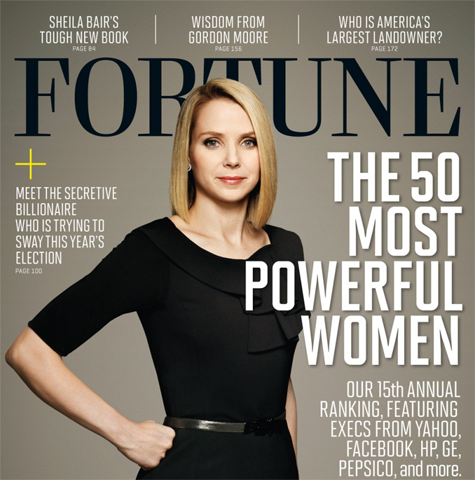
Marissa Mayer
Consider the pattern of job growth in Canada. Statistics Canada tells us that job growth between 2007 and 2011 was fastest in health-related occupations (a 16 per cent increase). Job growth was also strong in “art, culture, recreation and sport” (13 per cent), which was ahead of “natural and applied sciences” (eight per cent). Of the million job openings expected in B.C. between 2010 and 2020, 78 per cent are likely to require post-secondary education, and there will be a demand for graduates in all fields.
Of course, a bachelor’s degree in humanities does not get you a job by itself. The BA is what a high school diploma was generations ago. Today, it is one stage in a long education pathway.
History is not a job ticket. It is a mental discipline, a strengthening of specific muscles that we all use in seeing and knowing. “The past is a foreign country. They do things differently there,” wrote the novelist L.P. Hartley.
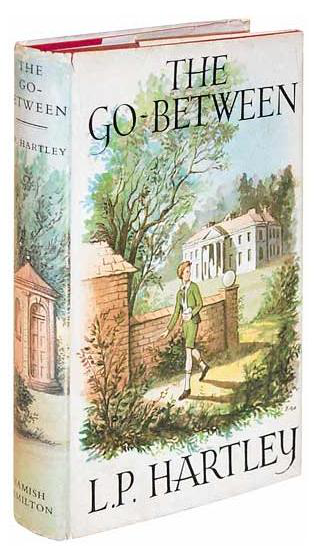
History takes us to that other country and back to the present, where we see our world with the empathy of an experienced traveller, with a new respect for people of different cultures, with a keen eye for the trivial and the transitory, and with a renewed sense of the goods we should value and the evils we should discard.
It may be that the film Lincoln got some facts wrong about who voted for or against the amendment to abolish slavery. Such small errors detract little from an entertaining film about the Lincoln that Americans know and even revere.
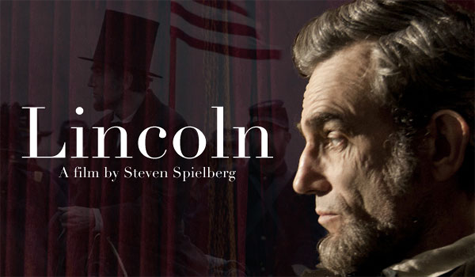
Elsewhere, history was doing its work. A week after Daniel Day-Lewis won an Oscar for his portrayal of Lincoln, Andrew Preston, a Canadian, won the Charles Taylor prize for his history of religion in American politics. Among other achievements, Preston’s book gives us a new portrait of Lincoln: a Christian for whom the Civil War was a moral crusade. In a small but important way, Preston has changed the world as we know it. He gave us not just facts, but a necessary wisdom about the enduring religious roots of American politics.
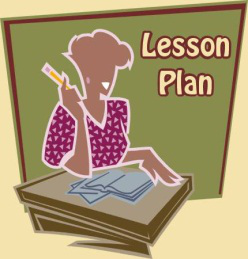
For teachers:
Use this article in the Lesson Plan on the Value of History.





